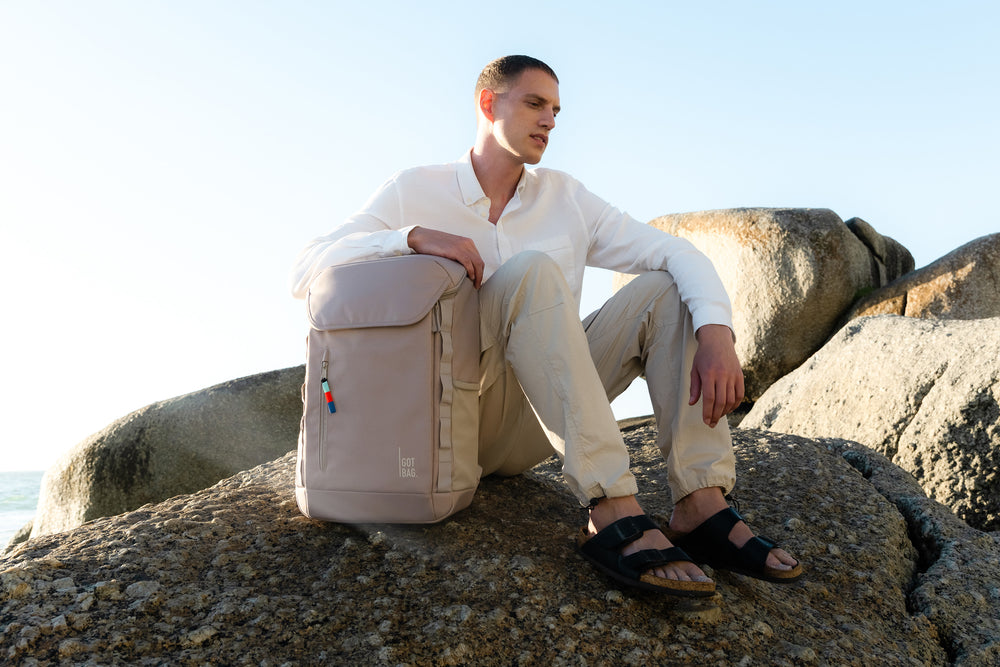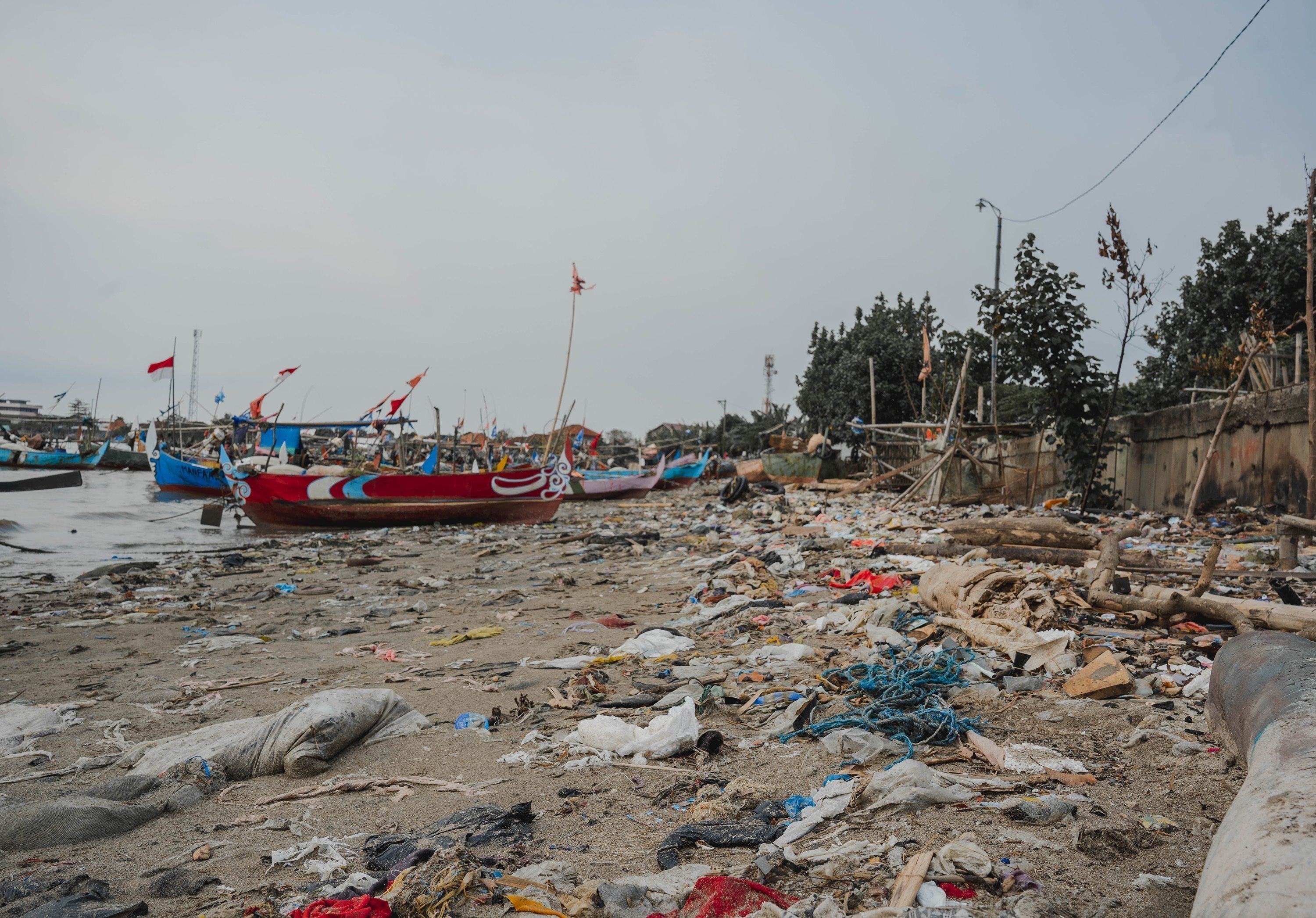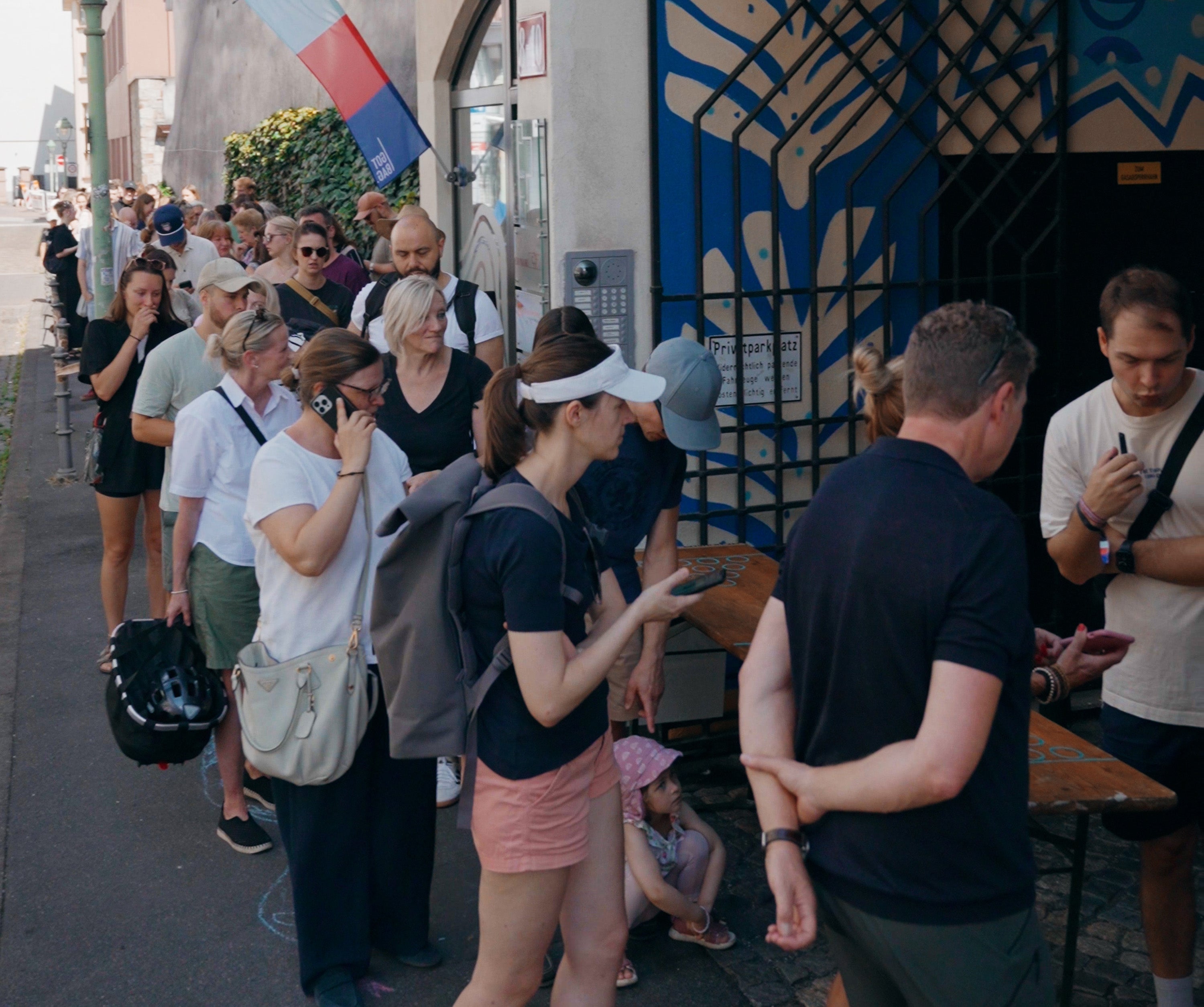Business saviorism refers to the fact of framing “help” as heroic charity. In this article, guest author Lavinia Muth discusses the workshop she conducted with the GOT BAG team in Mainz, critically examining the start-up's communication around its partnership with an Indonesian NGO and their joint clean-up activities.
Who am I to talk?
For more than a decade, I conducted "empowerment" assessments, until I realized we were just repackaging colonial pity. Now I run workshops that help corporations and nonprofits spot saviorism in their do-gooding, from Patagonia's "We're in business to save our home planet" marketing approach (hero complex, much?) to GOT BAG's plastic-collection messaging. Think of me as an exorcist for (white-)savior business narratives.
The Saviorism assessment almost no one in CSR asks for
Business saviorism—a corporate spin on white saviorism—is when companies and also NGOs frame their “help” as heroic charity, obscuring power imbalances under the guise of doing good (see: White Savior).
When GOT BAG, the German backpack brand known for ocean plastic recycling, asked me to analyze their Indonesia collection program’s communication in 2024, the red flags told their own story:
Headlines: "This is the only way we can do something."
“We must act now.”
Visuals: Beaming white founders with sacks of trash (spoiler: locals did the
collecting).
Metrics: "X tons removed!" (Little about livelihoods or who owned the copyright to those "happy collector" photos.)
Classic saviorism: well-meaning, but structurally oblivious.
The workshop: Uncomfortable? Yes. Transformative? Ask them.
By May 2025, GOT BAG’s team was ready to sit through my 3-hour "Business Saviorism" intensive in their headquarters in Mainz. A workshop designed to:
- Map power imbalances (Who sets budgets? Who’s centered in storytelling?)
- Analyze language patterns e.g.,
- shifting from terms like "This is the only way" to "Strategies we can implement",
- from "help" to "support/collaborate",
- and from "we collect" to "local participants collect"
Here’s what unfolded:
1. We changed from "We collect plastic waste in Indonesia" to centering local partnerships.
The phrase "We collect plastic waste in Indonesia" positioned the company as the primary actor, making invisible the local communities and organizations actually doing the work.
The problem:
This language follows the saviorism playbook as it erases existing local systems and it implies plastic pollution is being "solved" by external intervention. It furthermore obscures who holds expertise (local waste workers understand the local context best, right?).
The rewrite:
"Our partner foundation runs a clean-up program, where local participants collect plastic waste..."
Why it matters and works:
- Acknowledges the lead role of Indonesian partners
- Uses active voice for local participants ("collect" vs. passive "is collected")
- Makes the power dynamic visible (GOT BAG Germany supports; doesn't orchestrate)
2. We traced colonial echoes
- Why did "clean ocean" visuals feature white backpackers holding the bags — not the locals who filled them?
- Why were Indonesian partners’ quotes buried in reports, while founder speeches dominated press releases?
3. We designed collective actions
Their homework:
✔ Adjust communication guidelines to avoid savioristic language
✔ Audit image copyrights (No more profiting from "happy collector" photos without consent)
✔ Create a visual guideline to ensure portrayal at eye level
Why GOT BAG’s willingness matters
Most brands bolt when I ask: "Who decided this was “help”? But GOT BAG leaned in. Six weeks post-workshop, they’d:
- Ensured that every GOT BAG department now uses co-created language – no story about a specific community or collector gets approved without first consulting the involved Indonesian waste collectors.
- Added a "saviorism checkpoint" to their campaign playbook.
This isn’t about shaming, it’s about redistributing power disguised as generosity.
Your turn: Run a mini-assessment.
For anyone working in a company with a corporate social responsibility program: Grab your latest CSR report and circle every "we" verb ("we teach," "we donate") → Rewrite as "we pay," "we follow local leadership”. Then, check if you actually do this. If not, you have a problem, or better: you are the problem you claim to solve. Spot the hidden hierarchy: Who’s quoted as an expert vs. a prop? Ask GOT BAG’s radical question: "Would our partners call this “support” - or just late-stage guilt management?"
Final thought
Business saviorism isn't just a reputational risk - it's a failure of both ethics and opportunity. When sustainability efforts reinforce inequality (often while claiming to solve it), they become part of the problem. Real impact requires humility: redistributing power, not just recycling plastic; centering affected communities, not your brand as the hero. GOT BAG's journey proves this work isn't about perfection, it's about consistently calling your own bullshit and letting partners assess your good intentions. The reward? The shift is tangible: where there was paternalism, there can be accountability; where there were press releases about saving people, there can be dialogue about shared goals and trust.
Now, your move.
About the author:

Lavinia Muth is (Un)Sustainability Consultant & recovering do-gooder. She has more than 15 years of experience from various roles in the field of sustainability in fashion & agriculture.









